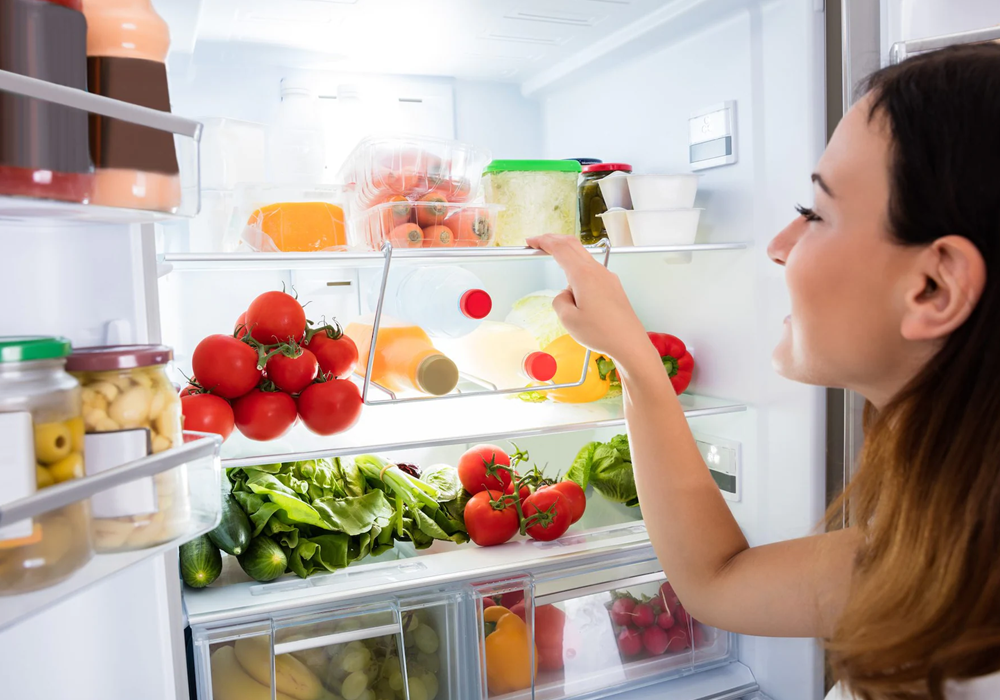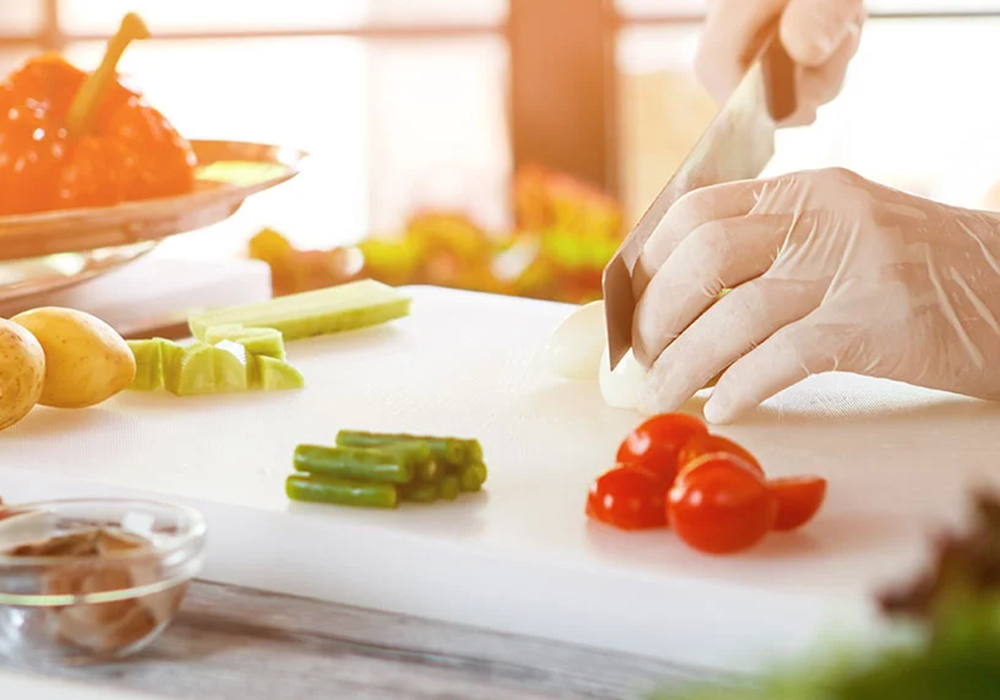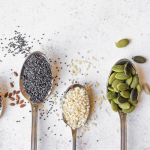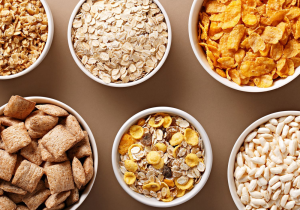
Food safety is the practice of removing pathogens from food, preventing foodborne illness, or reducing the risk of injury by accidents. It can also be used as an adjective to describe a good state in which food is not infected with dangerous microorganisms or chemicals.
Food safety tips
1. Keep food at the right temperature
The risk of food-borne illness can increase by as much as 400% when food is not kept at the right temperature.
2. Keep food safe from contamination by other foods, people, and pets
In various cultures, some foods are considered unclean or an impure state until they have been properly prepared and cooked to remove potential contaminants such as dust or germs that may be present in the food. Food in this state is called unclean. For example, until a dish of sushi has been prepared in a way specified by Japanese tradition, it is considered unclean and should be cooked thoroughly before being eaten.

3. Avoid contamination by kitchen utensils
4. Keep food at the right stage of ripeness before using it
5. Avoid the risk of bacterial contamination by thoroughly cooking meat and fish, especially poultry, before eating them
Food safety practices are cultural practices that deal with the safety of food from production to consumption. In industrial nations, food safety is regulated by laws designed to prevent consumers from being injured by contaminated or diseased food products and to protect commercial interests. Ingraining these safe practices into daily lives can be difficult in practice because the origin of many illnesses cannot be identified easily.
6. Handle food safely
Food handling can be a simple as washing hands before preparation and between items. Handwashing is very important in food safety, because it removes grease and dirt that may carry bacteria. Regular handwashing prevents the contamination of food, especially when handling meat or poultry.





